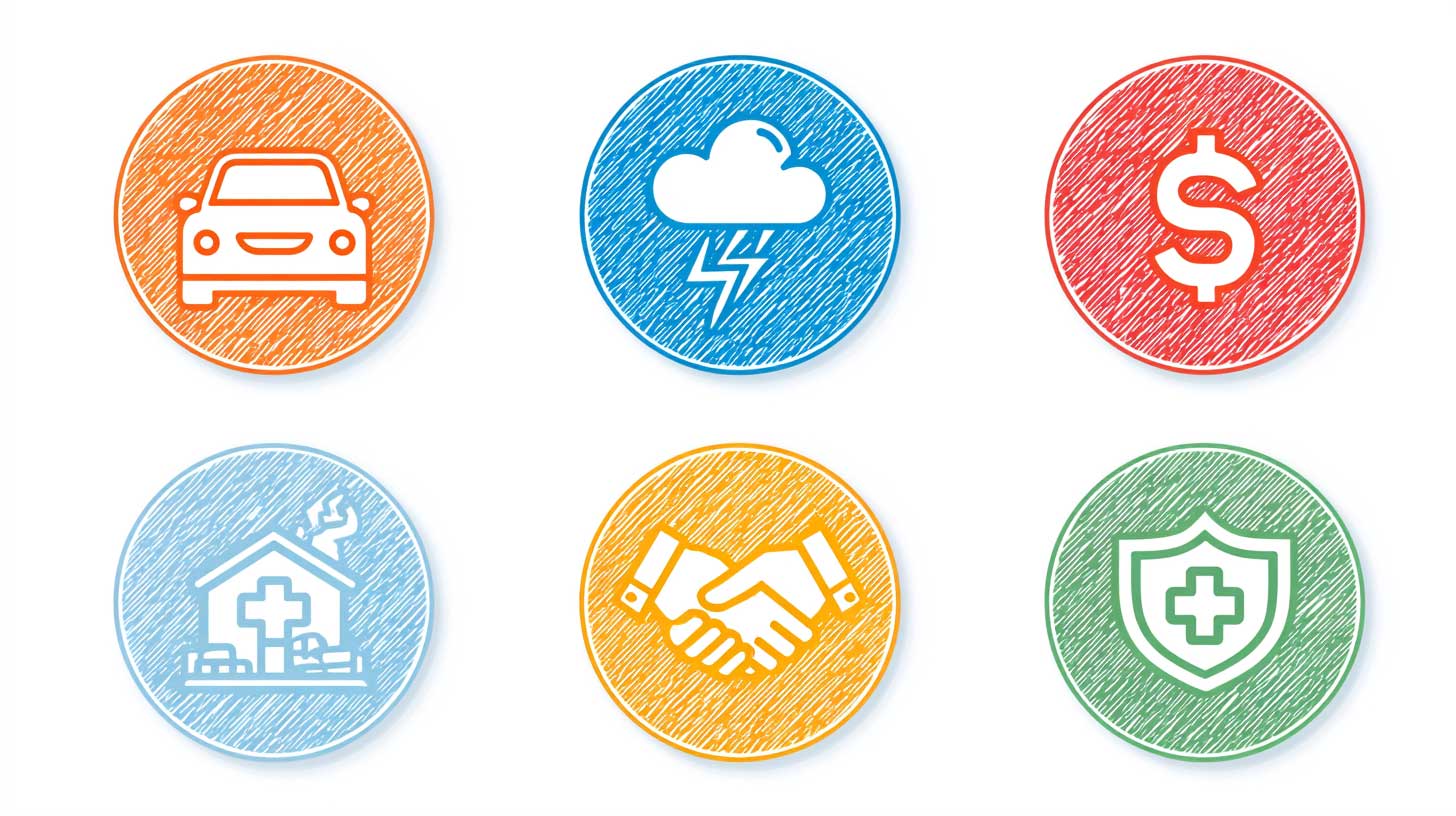What Happens If You Drive Without Insurance?
Driving without auto insurance is a legal risk that can lead to costly, long-term consequences. In nearly every U.S. state, having active car insurance is not just a recommendation—it’s a legal requirement. For those who get behind the wheel without coverage, the penalties begin with fines and can quickly spiral into suspended licenses, impounded vehicles, or even criminal charges, depending on the state and the severity of the offense.
Getting pulled over or involved in an accident without proof of insurance often leads to immediate consequences. Law enforcement may issue a ticket on the spot, and in many jurisdictions, they have the authority to suspend your driver’s license or registration. Some states impose mandatory court appearances, while others require the filing of an SR-22—a form that proves you have secured the minimum required coverage. This type of insurance is not only more expensive, but it also brands you as a high-risk driver in the eyes of insurers.
The financial risks don't end with penalties. If you cause an accident while uninsured, you’re personally liable for any damages. That includes the cost to repair or replace other vehicles, medical bills for any injuries, and potential legal expenses if someone sues you. In some cases, courts can even garnish wages to recover unpaid damages. Even if you're not at fault, the absence of insurance can still work against you. Some states enforce “No Pay, No Play” laws, which limit your right to recover compensation if you’re uninsured—regardless of who caused the crash.
Once an uninsured driving offense is on your record, expect your premiums to rise significantly. Insurance companies see drivers without coverage as a financial risk. That perception translates to higher rates or, worse, denied applications. It may take years of clean driving history to regain eligibility for standard rates again. Some drivers try to bypass the requirement through alternative options like self-insurance or surety bonds, but these routes involve complex conditions and aren’t accessible to most people.
Ultimately, skipping insurance may save you a premium payment today, but the long-term consequences can be financially and legally devastating. Insurance is more than a legal formality—it’s a safeguard against the unexpected. Whether you're at fault in an accident or simply pulled over for a broken taillight, the absence of coverage can change your life in an instant.

